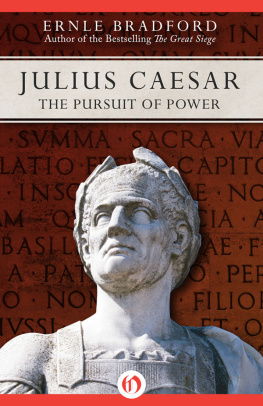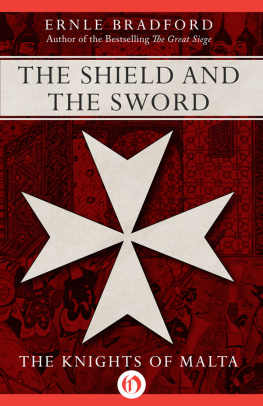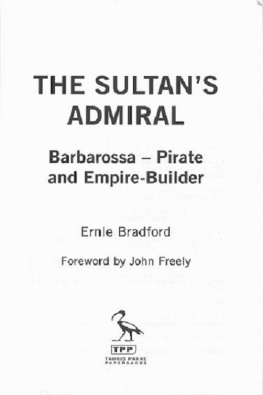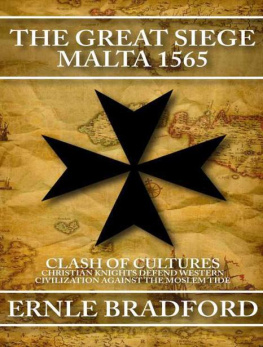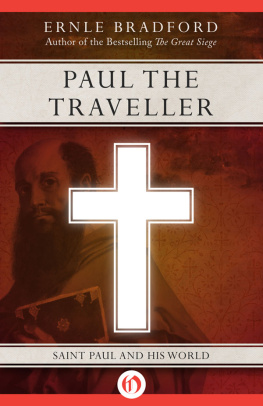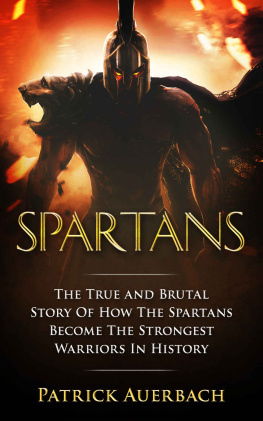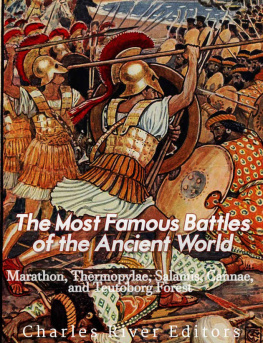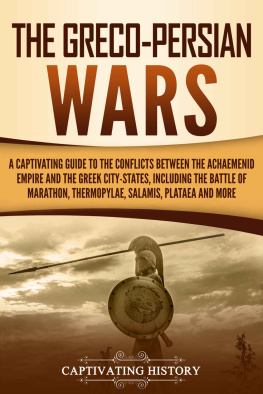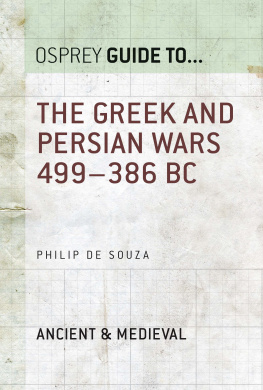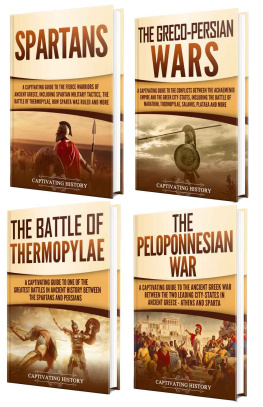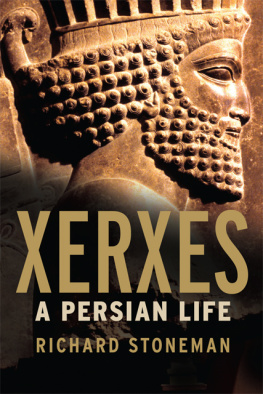The worth and value of a man is in his heart and his will; there lies his real honour. Valour is the strength, not of legs and arms, but of heart and soul; it consists not in the worth of our horse or our weapons, but in our own. He who falls obstinate in his courage, if he has fallen, he fights on his knees (Seneca). He who relaxes none of his assurance, no matter how great the danger of imminent death; who, giving up his soul, still looks firmly and scornfully at his enemyhe is beaten not by us, but by fortune; he is killed, not conquered.
The most valiant are sometimes the most unfortunate. Thus there are triumphant defeats that rival victories. Nor did those four sister victories, the fairest that the sun ever set eyes onSalamis, Plataea, Mycale, and Sicilyever dare match all their combined glory against the glory of the annihilation of King Leonidas and his men at the pass of Thermopylae.
Montaigne, trans. Donald M. Frame
PREFACE
A great many distinguished scholars have devoted intensive research into all and every aspect of the Greco-Persian wars. Many seem to have been writing for other scholars, or only for those fortunate enough to have enjoyed a classical education. But in twentieth-century Britain when, with a few notable exceptions, a knowledge of Greek is almost totally absent from members of the House of Commons (and where even a simple Latin quotation would fall on stony ground) the memory of the classical world is fading. We do not live in the age of Pitt or of Gladstone. We have progressed in technological terms, but we have forgotten the roots of our culture. Behind the surface appearance of our everyday world there lies always the image of classical Greece; from the seed of whose mathematicians, architects and scientists even our most remote modern machinery and artefacts are ultimately derived. In terms of the arts there has never been any doubt, at least among the practitioners of them, of the contribution that the Greeks made in triggering off Western European culture. The Glory that was Greece would never have come to flower, let alone fruit, but for the astonishing events of 480 B.C., when a handful of men defeated what was then the greatest empire in the known world.
My first acquaintance with Greece, the Aegean, and the Near East was over a period of three and a half years during the Second World War. At a later date I was able to return at leisure several times at the helm of small boats, and come to know intimately these seas and lands once fought over by the warring armies and fleets of the Greeks and the Persians. It may not help to have sailed around Salamis, to have circumnavigated Euboea, or to have felt the lash of an Aegean storm, but it did serve to shed a new light upon the classics, and to make the great struggle between Greece and Persia comprehensible in geographical and nautical terms. It is true that, over two millennia, many geographical features have changedthe Pass of Thermopylae is the most obvious instancebut, by and large, the land, especially when approached in a small boat, remains timeless. The Turkish coast, and even the mainland, has changed least of all, and it is not too difficult to recapture the feel of ancient Ionia.
While researching the history of this momentous year I found that, among the numerous scholars who had published full-length works and many a learned treatise, nearly all seemed to share one thing in common. This was a natural and, to my mind, inevitable pro-Athenian bias. I say inevitable because the great result of the Persian defeat in Europe led to the shining fifty years (or less) in which Athens transfigured the whole of the West through her architecture, her drama, her poetry, her sculpture, philosophy, and her whole attitude towards mans predicament in this temporal world. On the other hand, the Spartansthose strange and remarkable people, whose virtues the West would do well to emulate in our timeare somewhat absent from the records. They are there, certainly enough, but their presence is obscured by the fact that they abstained from literature. The fact that a Spartan admiral, Eurybiades, was in command at the naval battles of Artemisium and Salamis is somewhat glossed over. (He remains, as in some British accounts of the Second World War, a figure rather like General Eisenhower: a man who had never fought a battle, but who could achieve some kind of stability between unstable allies.) I fear the Greeks, even when bearing gifts and the gifts of the great Athenian poets, dramatists, and historians must always be a little suspect in terms of Truth.
The last stand of King Leonidas and the Spartans was told as a golden story in my youth. Since then it would seem to have been downgraded, perhaps because their military outlook and stubborn courage have made them unattractive to a hedonistic society. Without courage, Man is nothing. Without the Battle of Thermopylae, that pass held against all odds, there would never have followed Artemisium, Salamis and Plataea. Distasteful though it may have been to later historians, preoccupied with Athens, it was very largely the generalship of the Spartan Pausanias that made the victory of Plataea possible.
I have ended this brief account with the battle of Plataea itself.
The subsequent Ionian revolt against the Persians was inevitable. The destruction of the Persian fleet at Mycale was, although a story in itself, equally inevitable. Plataea closes the door.
Kalkara, MaltaFordingbridge, Hants
Ernle Bradford
ACKNOWLEDGEMENTS
I should like to express my particular thanks to Mr A.R. Burn, whose writings on this subject first aroused my interest and enthusiasm some years ago. While the book was in preparation Mr Burn was good enough to assist me in many ways and to enlighten me in depth on many aspects of even the most recondite of matters relating to Xerxes invasion of Greece. I would like to stress, however, that all errors remain mine, and I would also like to thank him for permission to quote extracts from Persia and the Greeks (1962) published by Edward Arnold (Publishers) Limited.
I am indebted to the Society for the Promotion of Hellenic Studies for permission to make use of their invaluable library. I am, as always, deeply indebted to the London Library, that remarkable institution without which writers like myself, who do not live in London, could never have access to half the authorities required for research work.
I and my publishers also wish to thank the following who have kindly given permission for the use of copyright material: Basil Blackwell Publisher Limited for an extract from Sparta by A.H.M. Jones; Edinburgh University Press for an extract from Arms and Armour of the Greeks by A.M. Snodgrass; David Higham Associates Limited on behalf of Peter Green for an extract from The Year of Salamis, published by Weidenfeld (Publishers) Limited; John Murray (Publishers) Limited for an extract from The Great Persian War by G.B. Grundy; Penguin Books Limited for extracts from Plutarch, The Rise and all of Athens


